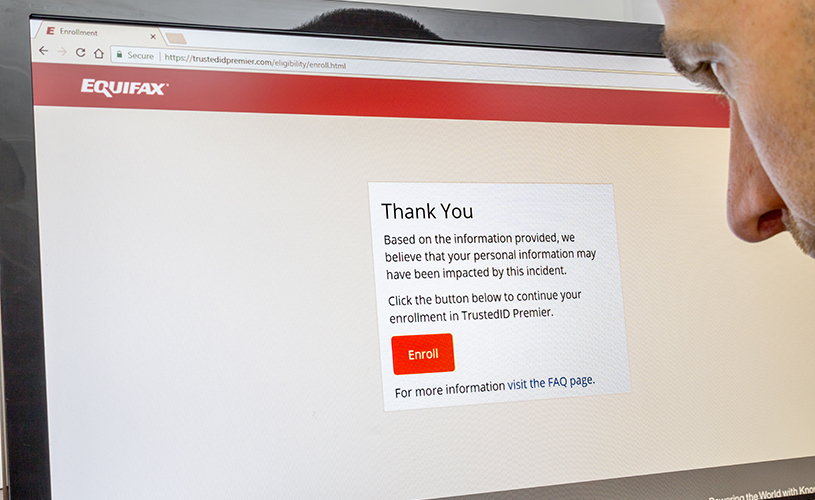When identifying key drivers of technological innovation, what often comes to mind are Silicon Valley startups and entrepreneurs, or perhaps the federally funded research that paved the way for the internet, GPS and touch-screen technology, to cite a few examples.
When it comes to local government, by contrast, the enduring stereotype is a collection of bureaucratic offices where the last big breakthrough was the fax machine.
But in New York City, that’s not the case. The New York City Department of Information Technology and Telecommunications is at the forefront of an effort to harness the latest technological trends to improve government and make it more efficient.
RELATED: An interview with DoITT Commissioner Anne Roest
One of the agency’s most visible initiatives is the LinkNYC wireless internet hubs that are replacing pay phones across the city, but that’s just one of many projects in the works. It’s also working to expand high-speed internet access in other ways as well as opening up city data to the public, ensuring the resiliency of telecommunications networks and even rolling out new .nyc domain names.
In the following interviews, we take a closer look at the agency’s work through interviews with five top officials and a rundown of several of the department’s key programs.
LinkNYC

Stanley Shor, the assistant commissioner for franchise administration at the New York City Department of Information Technology and Telecommunications, oversees contracts with many companies that provide telecommunications services for the city. Recently, he’s been managing the rollout of LinkNYC, the checkpoints that have replaced pay phones with free Wi-Fi and other services. In an interview with City & State, Shor discussed the implementation of LinkNYC and future projects by the Franchise Administration. Read the full interview here.
Cybersecurity

In July, New York City Mayor Bill de Blasio signed an executive order establishing the New York City Cyber Command to lead city agencies in cyber defense and response. As chief information security officer at the city Department of Information Technology and Telecommunications, Geoff Brown was tapped to lead this new task force. Brown talked about the cybersecurity threats New York is facing, and how the city is working to mitigate these risks. Read the full interview here.
Government efficiency

As first deputy commissioner of the New York City Department of Information Technology and Telecommunications, Evan Hines is essentially the second in command to Commissioner Anne Roest. He oversees the administrative functions of the agency, while also serving as a proxy for Roest if needed. Having served at DoITT for several years, Hines has seen it evolve significantly in terms of technology and service, and has overseen some of the streamlining of its bureaucracy. In this wide-ranging interview, Hines discusses his role at DoITT, upcoming projects and how the agency is working to become more effective. Read the full interview here.
Open data

New York City Department of Information Technology and Telecommunications’ open data portal provides public information for New Yorkers across a variety of topics and agencies, including 311 service requests and the types of trees in any neighborhood. As director of open data, Al Webber oversees the portal and coordinates information with other city agencies. He spoke with City & State about the evolution of open data and how it can be used by average New Yorkers. Read the full interview here.
Next Generation 911

As the New York City Department of Information Technology and Telecommunications deputy commissioner for business solutions delivery, David Kirks oversees a number of the department's most important projects, including its emergency response system. DoITT has revamped this system by building a new Public Safety Answering Center, introducing text-to-911 by early next year and rolling out a program called Next Generation 911 by 2022, which will change the face of emergency response. Kirks spoke with City & State about the innovative Next Generation 911 and the city’s robust emergency response system. Read the full interview here.


